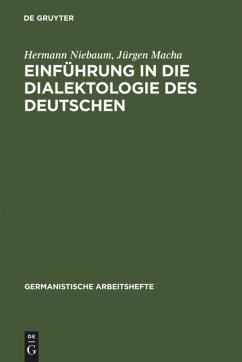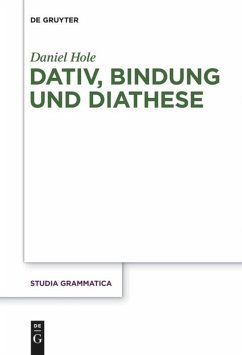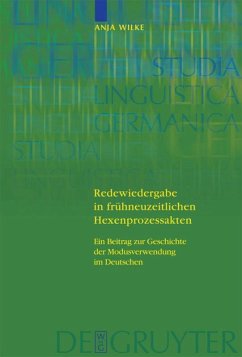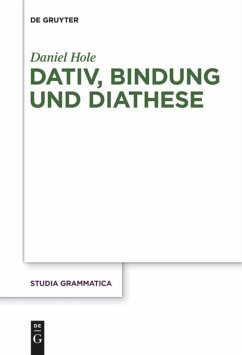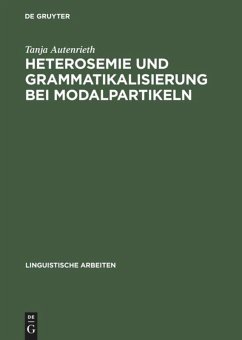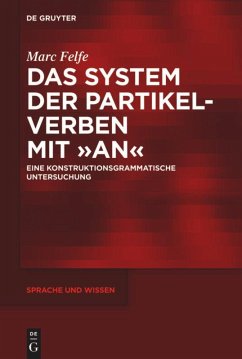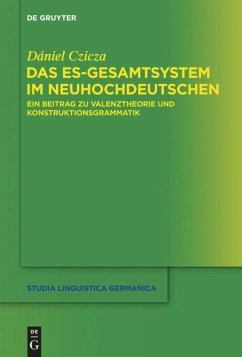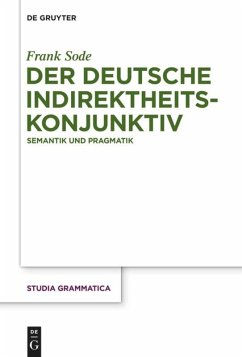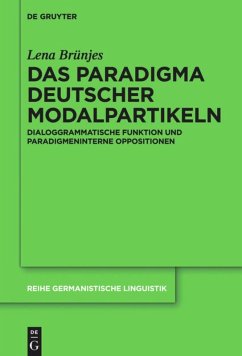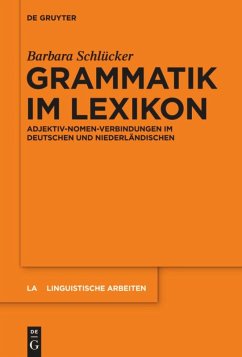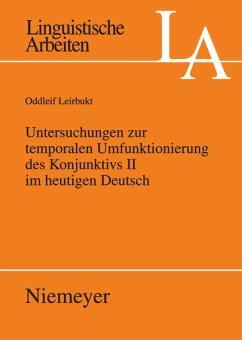
Untersuchungen zur temporalen Umfunktionierung des Konjunktivs II im heutigen Deutsch

PAYBACK Punkte
0 °P sammeln!
The study uses a broad empirical database to clarify the variable time reference and modal reading ("unreal"/"potential") of non-past related (i.e. temporally refunctioned) forms such as 'wäre gekommen' [would have come] (e.g. 'Morgen wäre sie gekommen' [She would have come tomorrow]) and differences in meaning compared with forms such as 'käme/würde kommen' [would come]. The study concludes with a survey of the temporal refunctioning of the past subjunctive back into the 16th century.
Die Arbeit klärt auf breiter empirischer Basis die variable Zeitreferenz und modale Lesart (irreal/potential) nicht-vergangenheitsbezogener (d.h. temporal umfunktionierter) Formen wie wäre gekommen (Bsp.: Morgen wäre sie gekommen) sowie Bedeutungsunterschiede gegenüber Formen wie käme/würde kommen . Zur Abrundung wird die temporale Umfunktionierung des Konjunktivs II ins 16. Jahrhundert zurückverfolgt.




